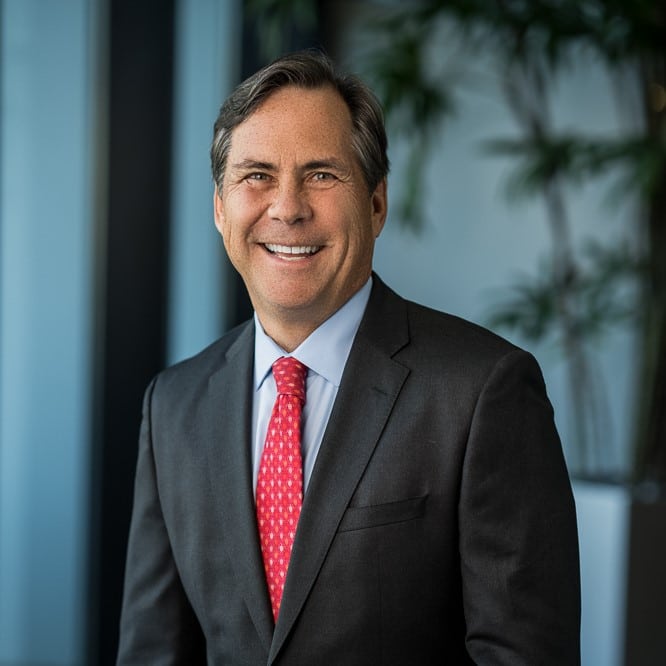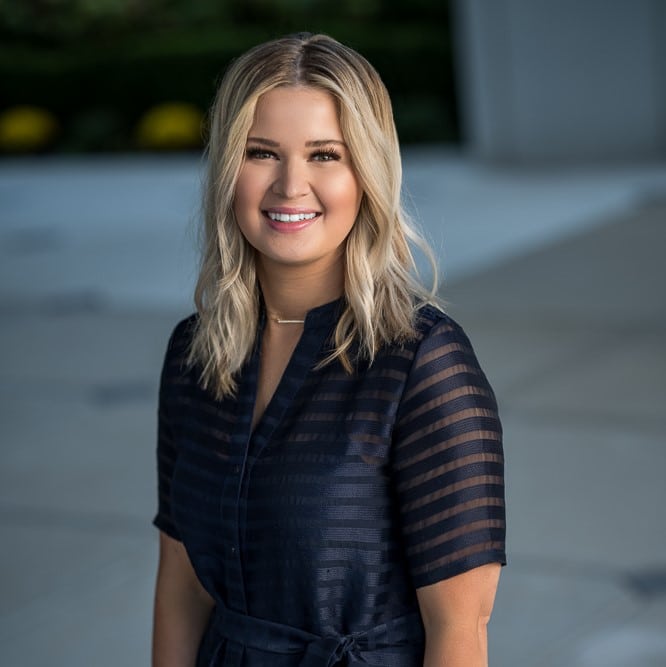Sponsors of 401(k) plans likely work with an advisor to help shape and make recommendations on the funds and investments they offer their plan participants. I say “likely work with” because today, there tend to be many who claim to wear the advisor hat but who may not live up to what you should be getting from a 401(k) plan advisor.
Fact is, there are many things that make this kind of financial advice very unique, and responsibilities that you as a sponsor must live up to. In my last article, I described what you may need to consider when reviewing your 401(k) provider. Today, we’ll take a look at the top five things to consider when evaluating your plan’s advisor.
1. You haven’t seen your advisor in over one year.
Your advisor is being paid a fee to review your plan on a regular basis, meet with participants to answer any questions and walk them through investment options. This type of review and service should be performed on an annual basis. If your advisor doesn’t proactively reach out to you to schedule time for you and your participants, what are you paying for?
2. Your advisor hasn’t changed your investment line-up in over three years.
It is nearly impossible for every fund in your fund line-up to be the best-in-class year over year. While some funds do, in fact, have great long-term performance, there are many things to consider when evaluating your lineup. New funds become available every year. Fund managers leave. Internal expenses change over time. If your advisor hasn’t been monitoring this on your behalf and talking with you about potential changes, there is a chance that at least one of your funds is underperforming.
3. Your advisor manages less than five retirement plans.
If your plan advisor doesn’t specialize in retirement plan management, they are putting you at risk. That doesn’t mean he or she isn’t working hard for you. The list of rules and regulations enacted by multiple entities in recent years is exhaustive. This has led to the market moving towards an RIA (Registered Investment Advisor) model favoring those who specialize in retirement plans. That’s because it’s nearly impossible for an advisor to be great at managing both your personal wealth and your company’s retirement plan. You need two separate bases of knowledge and experience, as these two areas of planning are vastly different.
4. You don’t know how much you pay your advisor – or how much you pay for your retirement plan.
It used to be a challenge to figure out all the fees associated with investing, but that’s all changed. Your advisor should be disclosing this information, and furthermore, those fee disclosures should be accessible to all of your plan’s participants, regardless of the type of plan your company has in place. You need this information to determine what’s competitive in the market, just like you do when buying a car or groceries. You know what you’re paying for the car, and you should know what you’re paying to manage your life savings.
5. Your advisor is a broker and not a Registered Investment Advisor (RIA).
As we mentioned above, the market is moving towards the RIA model in which fiduciary standards are in place. In simple terms, a broker is there to sell you a product. An RIA with a fiduciary standard is there to advise, taking ongoing suitability, fees, diversification, and more into consideration. Well-known ERISA attorney, Fred Reish, sums this up best:
“With regard to the standard of care under current securities laws, a broker-dealer needs only to determine that an investment is suitable for the client. However, the fiduciary standard of care requires that the adviser take into account a number of considerations, such as whether the fees are reasonable, whether the investments are adequately diversified, whether there are conflicts of interest, whether the investments are consistent with the provisions of the trust or other governing document, and so on. Furthermore, the process that the adviser uses in developing the recommendation is measured by a prudent and reasonable hypothetical person who is knowledgeable about investments, about portfolio concepts and about the purpose of the investments.”
If your advisor isn’t following those standards, it may be time to reconsider.
6. BONUS REASON! Your advisor doesn’t know who Ted Benna is.
Ted Benna is known as the Father of the 401(k). Benna was a CPA and benefits consultant who, in 1980, found a provision in the IRS code which allowed for the creation of the 401(k) plan.
If you’re answering yes to any of the points above, it may be time to re-evaluate your relationship with your advisor. Krilogy has a team of retirement plan advisors, including those who are certified as Accredited Investment Fiduciaries. Our team works regularly and proactively with plan sponsors to help them understand and make decisions that work to fulfill their responsibilities. In addition, we work closely with Krilogy’s wealth management advisors who can address your personal needs as an executive or business owner.



















